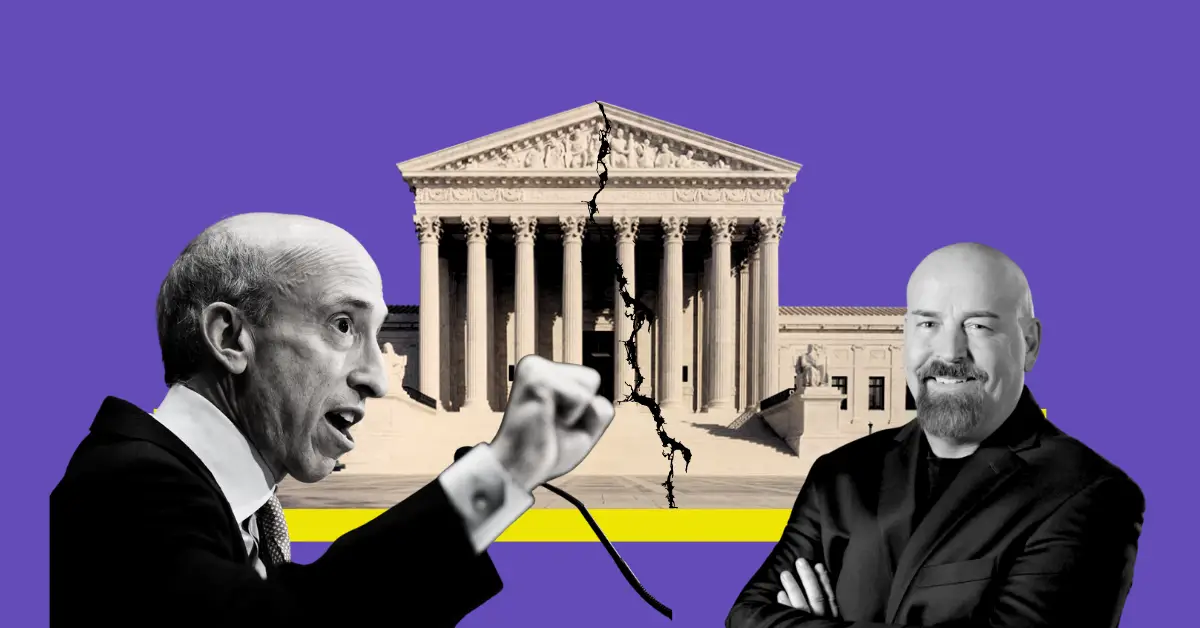Ripple sends a cross-appeal, also called Form C, which lists the problems the company wants to address in its upcoming cross-appeal against the U.S. Securities and Exchange Commission
Stuart Alderoty, the Chief Legal Officer of Ripple, said on X that the company filed a Form C, or Civil Appeal Pre-Argument Statement, on October 25. The Form C explains in detail why the company disagrees with the Southern District of New York court’s earlier decision on institutional sales.
RippleXRP said in the statement that each point of appeal is subject to a “de novo” standard of review. This means the court should again examine its past decisions based on how the law was applied.
The SEC filed its Form C on Oct. 18, a few days before Ripple did the same. The SEC asked the court to reconsider its decision to let platforms sell the XRP token and for Ripple CEO Brad Garlinghouse and co-founder Chris Larsen to sell tokens personally.
The district court’s use of the Howey test on Ripple’s XRP payments was one of the main points of appeal Ripple made. The company said the transfers were an investment in a shared business with a good chance of making money from Ripple’s work.
Another point of appeal asks if the court’s ruling considered that Ripple did not give fair notice of its actions. The company said the SEC’s comments on how federal securities laws apply to digital assets and digital currency were “clunky” and “intentionally vague.”
Also, Ripple asked if an investment contract, according to Section 5 of the SEC Act of 1933, needs “essential ingredients” like a contract that makes the seller responsible after the sale and gives buyers the right to ask for and get gains.
Last, Ripple asks if Rule 65 of the Federal Rules of Civil Procedure doesn’t allow an injunction that would “do no more than direct the enjoined party to obey the law.”
Alderoty said on X that the case is not about whether XRP is a security or not about the cross-appeal. To be clear, XRP is not an investment in and of itself.
He says that the SEC is instead trying to “distract and confuse” Ripple and the crypto business as a whole. He also thinks that the hardest part of the case is over because Ripple won’t have to show any more proof or fight over papers.
“The record that has already been set is looked at by the Appeals Court, and our record is great.” “The SEC can’t give us new evidence or ask us to give them more,” Alderoty said.
Because XRP coins are not registered securities, the SEC accused Ripple Labs of selling $1.3 billion worth of them earlier this year without permission. The U.S. Securities and Exchange Commission also said that XRP made buyers think they would make money.
As a new part of the case approaches, both sides are preparing for a long court battle that could change how crypto is used in the US.



